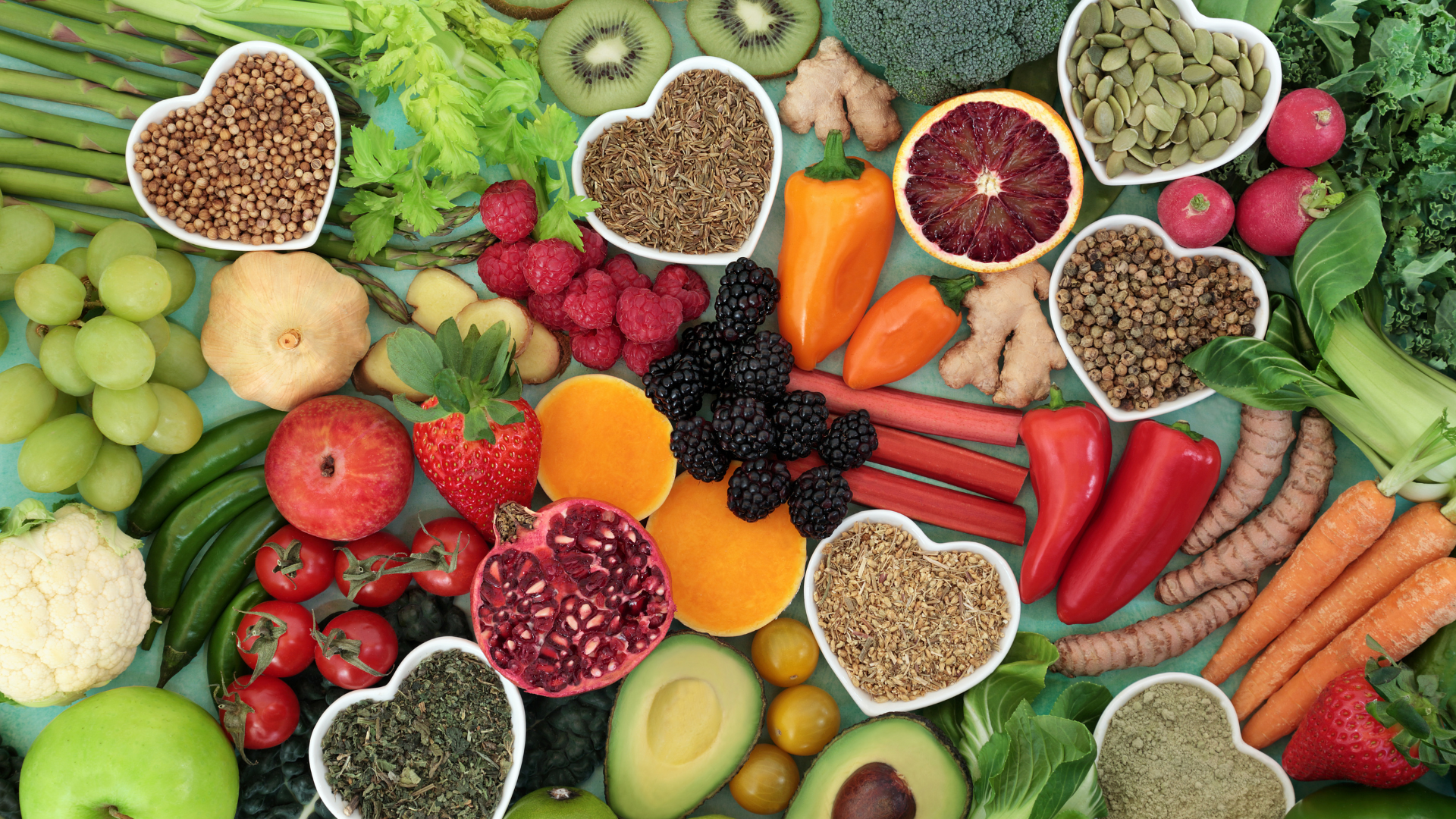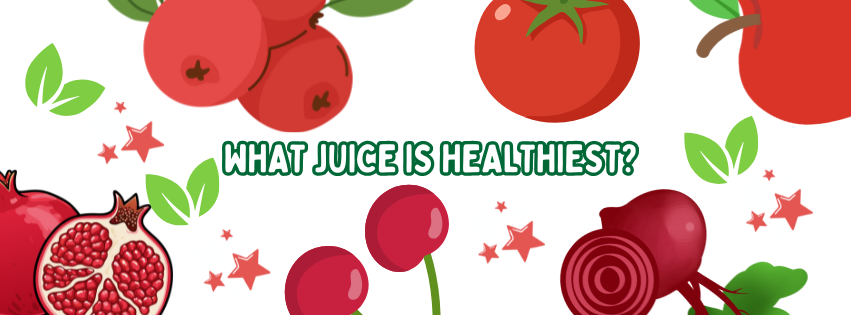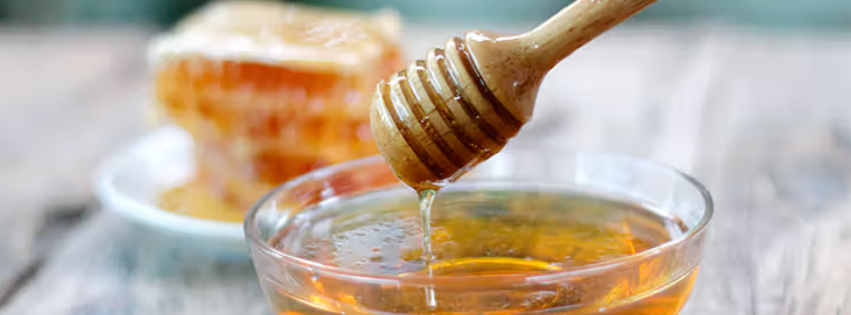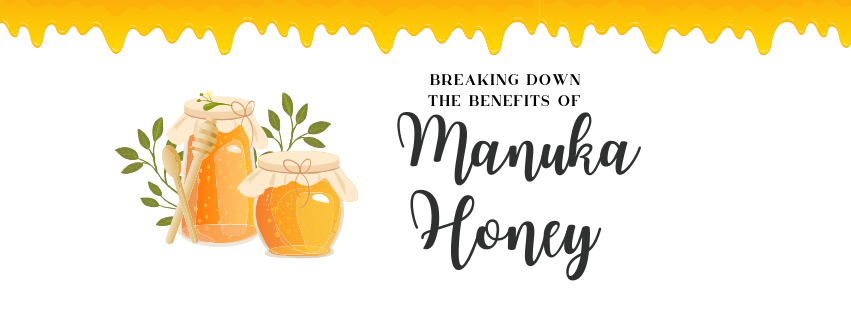These suggestions are not intended to replace appropriate professional advice. Please check labels and consult your pharmacist if you take prescription medications.
Like all forms of inflammation, sinus problems usually stem from digestion, diet, and an acid/alkaline imbalance.
Sinus problems can be caused by injury and birth defects such as a deviated septum, but even these can be greatly helped by applying these suggestions.
Here are suggestions for a mucous free anti-inflammatory, healing diet:
- Drink 7-10 glasses of room temperature filtered or spring water. Staying well hydrated is vital for fluid levels throughout the body.
- Consume a diet that is 75-80% alkaline. Over acidity contributes to inflammation.
- Shift up to organic food. Pesticides and chemicals can cause sensitivities.
- Make fresh vegetables, colourful fruits, beans, legumes, raw seeds and nuts the mainstays of your diet. Enjoy acid forming meats and grains in moderation.
- Have heavy protein no later than noon for digestion of amino acids.
- Eat a light supper to avoid partially digested, mucous forming waste in the system.
- Apple cider vinegar used as a condiment or sipped in water with meals improves digestion, corrects pH, and cuts mucous accumulation.
- Fermented vegetables are helpful to improve digestion and reduce mucous.
- 1-3 tbsp hemp, chia, or ground flax provide fiber and essential fatty acids.
- Limit or eliminate altogether the most mucous forming foods: wheat, dairy, sugar, processed and fatty foods. Your body will let you know what poses a challenge if you develop the habit of listening.
In the Cadillac version of our diet, fresh fruit should be eaten on an empty stomach and 30 minutes allowed to pass before eating other foods. A heavy protein (meat, fish, poultry, soy, cheese, eggs) should not be eaten at the same meal as a heavy carb (bread, pasta, potato, rice). Protein needs an acid digestive environment, carbs a base. Eating them together slows down the whole digestive process and generates excess mucous.
The following supplements are our favourites to avoid common deficiencies:
- Bio-Strath is a fermented wholefood tonic that provides a broad spectrum of nutrients including B vitamins, amino acids, and antioxidants.
- Vitamin C with Quercetin 1,000-3,000 mg – reduce as bowel tolerance is reached – a powerful antioxidant, strengthen connective tissue in the sinus cavities.
- Vitamin D 8,000 IU for one month then reduce to the upper limit of 4,000 IU – anti-inflammatory, promotes health immune response.
- Magnesium – an alkaline mineral involved in over 300 biochemical functions.
- Essential fatty acids – modulates inflammation – EFA’s can be obtained by consuming fish 3-5 times weekly or thru daily use of flax or hemp oils.
- Probiotics – strengthens immune function and reduces inflammation.
Special Care For Short Term or Intermittent Use:
- A
Neti pot is the most valuable tool you can own if you suffer from sinus problems. It can gradually dissolve and eliminate built up mucoid plaque in the sinus cavities. Left alone this plaque is a perpetual breeding ground. Antibiotics kill the bacteria trying to consume the plaque, but they do not lessen the congestive material itself.
- Bell Shark Liver Oil has an affinity for the sinus’ and can quickly relieve inflammation. Use with, or in place of, an essential fatty acid for 2-3 months.
- Fenugreek tea – 3 cups per day as hot as you can tolerate (without burning yourself) will help liquify hardened mucous and move it out naturally.
- Serrapeptase is a proteolytic enzyme that, when taken on a empty stomach, will digest mucoid plaque buildup in the sinuses.
- In severe cases homeopathic
Lymphdiaral
can be applied directly to swollen sinuses and lymph nodes to get congestion moving quickly.
- Use a cool air diffuser and fill your home with purifying moisture. Eucalyptus, all of the mints, and thyme have antibacterial properties.
Spend time outdoors. All health conditions respond well to fresh air and exercise. Breathe deeply. Exhale thoroughly. The Earth constantly omits a healing ionic field.
Following as many of these suggestion as possible, you can look forward to congestion free sinuses on a permanent basis. Many people who implement these ideas have found their health improves in multiple ways. We hope you have the same experience!
*Revised February 2023











